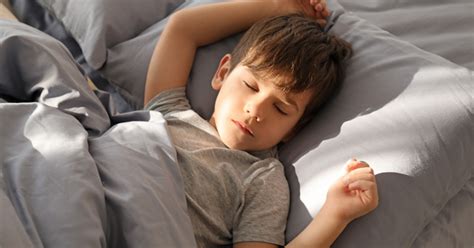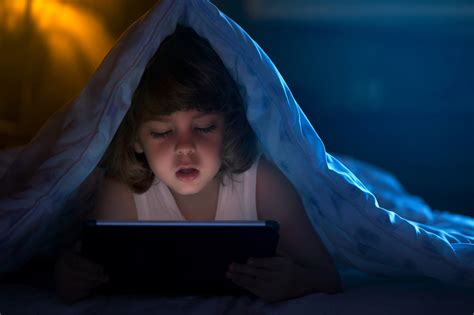Sleep issues are common in childhood with many children experiencing difficulties in falling asleep, regular night-time awakenings, and/or waking up early without being able to fall back asleep.
Common causes of sleep disturbances and anxiety in children include:
● Poor sleep hygiene (irregular routine, bedroom is too hot/cold/noisy/bright)
● Food allergies or intolerances
● Gastroesophageal reflux
● Colic in infants
● Excessive night-time fluid intake
● Fear, night terrors
● Parental separation anxiety
● Stress, worry or other generalised anxiety
● Prolonged naps or at inappropriate times
Interestingly there is also an increased risk of insomnia in first-born children and only children, as well as in children with neurodevelopmental and learning disorders such as Autism Spectrum Disorders (ASDs) and Attention Deficit/Hyperactivity Disorder (ADHD).
Long-term sleep issues in kids are a problem.
Children often experience worry, fear and problems sleeping as part of their natural development, without any cause for concern. However, some children can develop chronic anxiety or insomnia with more serious consequences.
Chronic sleep disturbances impact on the child’s cognitive and emotional development. It can also affect the whole family, increasing the levels of stress for everyone.
Insomnia can cause distress and social, educational-academic, and behavioural impairment. Insomnia is also associated with an increased risk of the child developing mental health disorders such as anxiety and depression.
Treatment of sleep issues and anxiety in children
The causes of nervousness, restlessness, anxiety, and insomnia in children can be complex and multi-layered, but studies have shown good benefits from implementation of sleep hygiene interventions and behavioural interventions such as relaxation techniques. Studies also show that the involvement of parents and siblings in these practices results in more positive outcomes.
Some proven strategies for improving sleep in children include:
- Natural light exposure in the morning and reduced light exposure in the evening
- Reducing sugar and caffeine intake from chocolate, tea, coffee, and soft drinks
- Physical activity during the day – especially in the morning
- Modifying their sleep environment – i.e. make it dark, quiet, and well-ventilated
- Reducing screen time and turning off electronic devices for at least 1 hour before bedtime
- Introducing a relaxing bedtime routine – e.g. relaxing activities, avoiding overstimulating play
- Regular bedtime and wake up times
- Reduce daytime sleep/naps
- Teaching the child self-soothing skills for if they wake up in the night
- Avoid feeding, holding or rocking the child to sleep anywhere else but their bed
- Use a transitional object to help child fall asleep
- Offer positive reinforcement when the child reaches goals of not waking up at night
- Do not encourage bargaining of bedtime hours
It has been shown that success is better if a gradual, rather than sudden approach, is used – with recommendations implemented gradually over a few weeks.
Additionally, good sleep hygiene and healthful routines should start in the daytime, from the time the child wakes up, to what they have for breakfast, morning physical activity, daytime exposure to light, and all the way to the end of the day.
Nutrition and minerals are a good starting point for restless kids
In addition to these recommendations, gentle natural supplements may be used to help improve sleep and anxiety, including the use of minerals. Mineral deficiency is common in children and dietary supplementation can help improve sleep, anxiety attention and hyperactivity.
Minerals are necessary in the production of serotonin, and children with magnesium deficiency may experience nervousness, mood swings, a reduced attention span, fatigue, aggression, lack of concentration and irritation.
Helping young people get the best nights’ sleep
Children can often experience worry, anxiety, sleep issues and even insomnia. Modifying their routines can be very effective in reducing these problems, along with the use of mineals and low-dose herbal formulations designed to improve the symptoms of stress, nervous tension, restlessness and sleep disorders.
Never self-prescribe. Always consult a qualified Naturopath for individualised assessment and quality, TGA-approved products.

Article and research courtesy of BioPractica.

